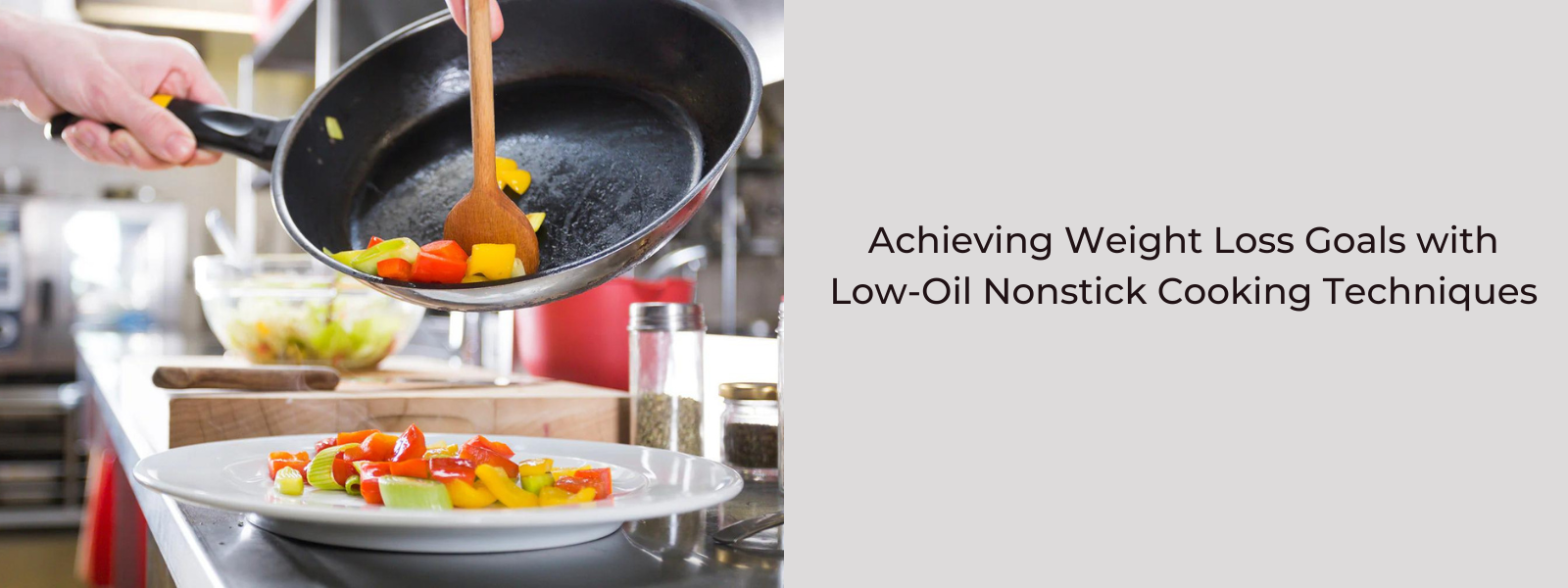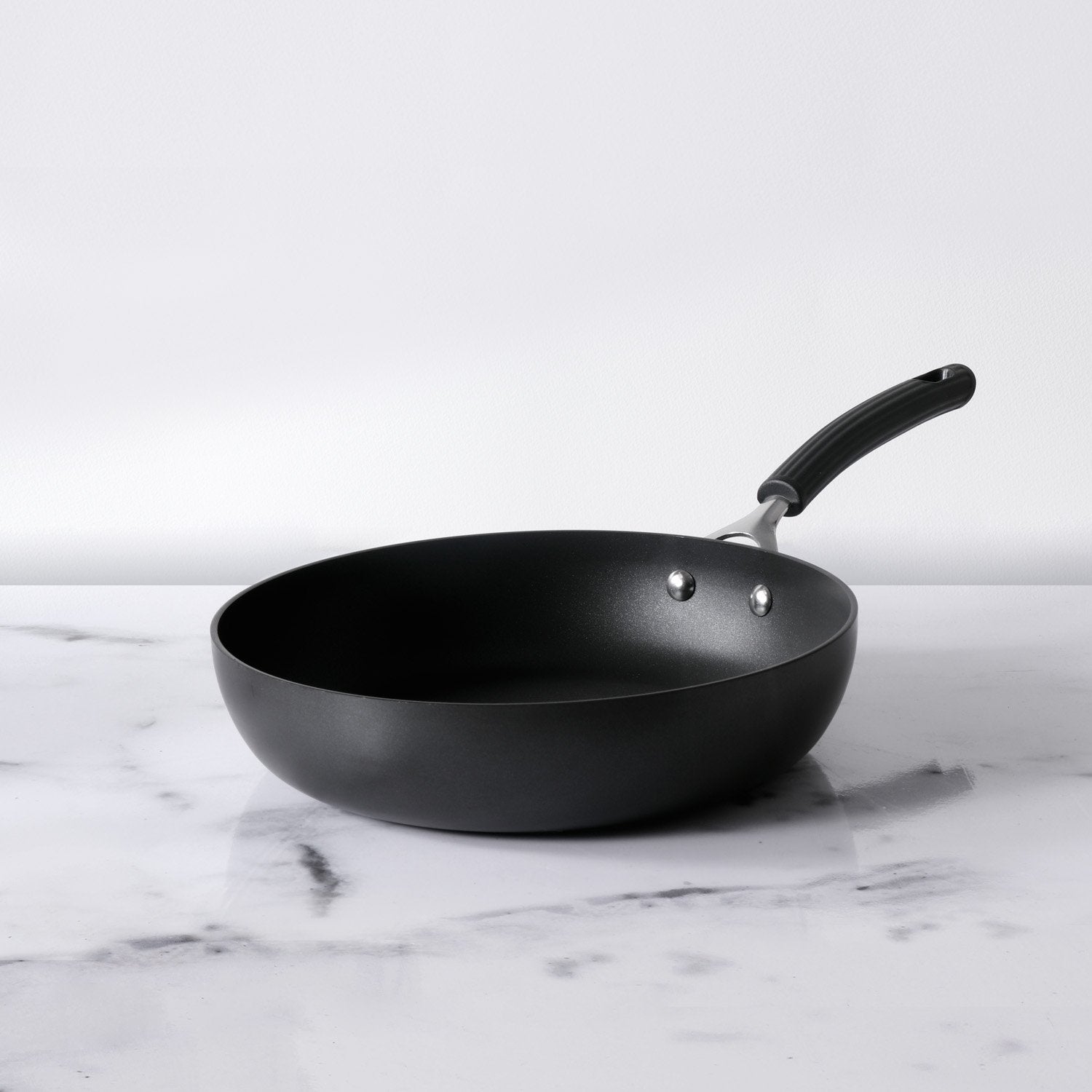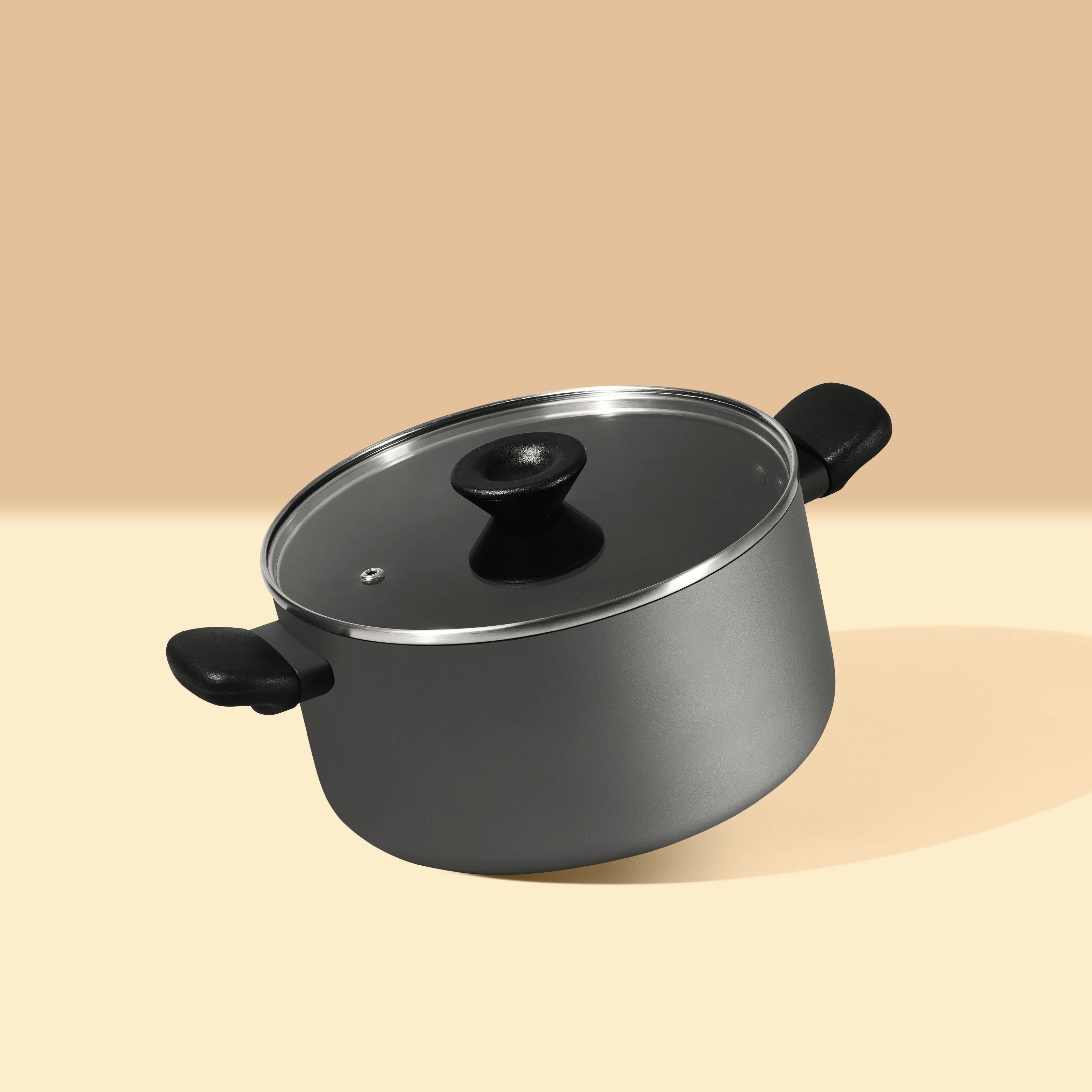Excessive oil consumption has been associated with inflammation in the body, a condition linked to various health issues such as heart disease, diabetes, and obesity. However, by utilizing nonstick cookware, individuals can effectively reduce their oil intake without compromising on flavor or texture. Nonstick pans and pots allow for cooking with minimal oil, eliminating the need for excessive amounts typically required to prevent sticking. This reduction in oil consumption can be particularly beneficial for those aiming to manage inflammation and support overall health. Additionally, nonstick cookware promotes healthier cooking practices by encouraging the use of alternative cooking techniques that minimize oil usage, such as sautéing with broth or water and roasting with herbs and spices.
Table of Contents
Understanding the Impact of Oil Consumption on Inflammation
Consuming excessive amounts of oil, particularly those high in unhealthy fats like saturated and trans fats, can contribute to inflammation in the body. Chronic inflammation has been linked to various health issues, including heart disease, diabetes, and obesity. While certain oils like olive oil have anti-inflammatory properties due to their high monounsaturated fat content, it's essential to moderate overall oil consumption to maintain a healthy inflammatory balance.
Nonstick Cookware as a Tool for Reducing Oil Consumption
Nonstick cookware offers a practical solution for reducing oil consumption in cooking. Its non-stick surface allows for cooking with minimal oil, eliminating the need for excessive amounts typically required to prevent sticking. By using nonstick pans, individuals can significantly reduce their oil intake without compromising the flavor or texture of their meals. This can be particularly beneficial for those looking to manage inflammation and support overall health.
Cooking Techniques to Minimize Oil Usage
When using nonstick cookware to reduce oil consumption, it's essential to employ cooking techniques that maximize flavor without relying heavily on added fats. Sautéing vegetables with broth or water instead of oil, roasting meats and vegetables with herbs and spices, and steaming or poaching fish and poultry are excellent alternatives. These techniques not only reduce oil usage but also enhance the natural flavors of the ingredients while minimizing the risk of inflammation.
Nonstick Cookware and Healthy Meal Preparation
Incorporating nonstick cookware into meal preparation can be a game-changer for those seeking to manage inflammation through diet. By investing in high-quality nonstick pans and pots, individuals can enjoy the benefits of reduced oil consumption without sacrificing convenience or taste. Batch cooking meals with nonstick cookware allows for efficient meal prep while minimizing the need for added fats. Additionally, nonstick cookware promotes easy cleanup, making healthy cooking more accessible and sustainable in the long run.
Tips for Using Nonstick Cookware Effectively
To maximize the benefits of nonstick cookware for reducing oil consumption and inflammation, it's essential to use it correctly. Preheating the pan before adding ingredients can help prevent sticking, while using cooking sprays sparingly or opting for healthier alternatives like olive oil spray can further reduce oil usage. Experimenting with different cooking techniques and flavor combinations can also enhance the culinary experience while supporting inflammation management.
Conclusion:
In summary, there is a clear link between oil consumption and inflammation, highlighting the importance of mindful cooking practices for overall health. Nonstick cookware offers a practical solution for reducing oil consumption in cooking, thereby helping to manage inflammation and support wellness. By incorporating nonstick cookware into meal preparation and adopting cooking techniques that minimize oil usage, individuals can enjoy flavorful and nutritious meals while promoting a healthy inflammatory balance.











Leave a comment